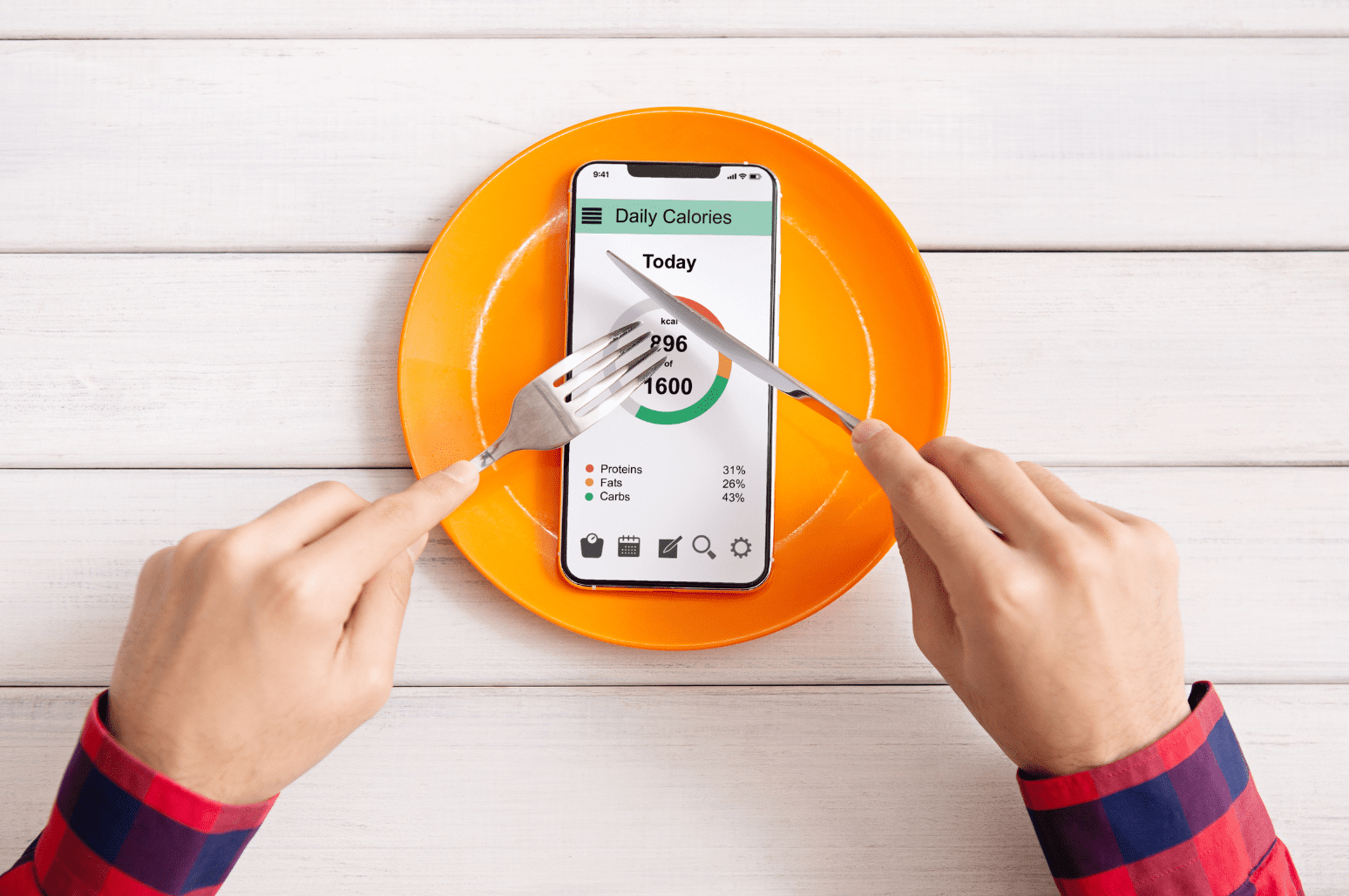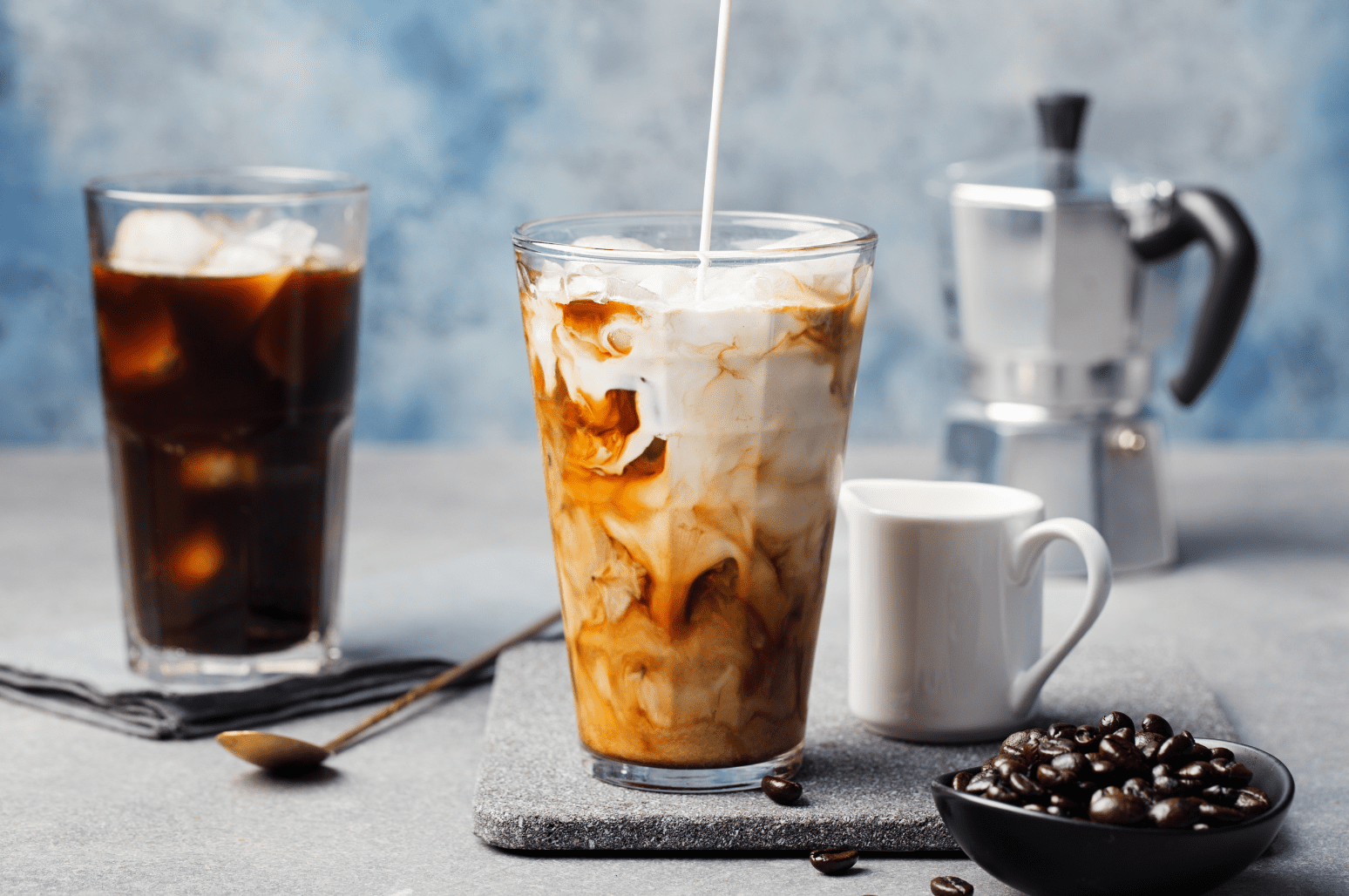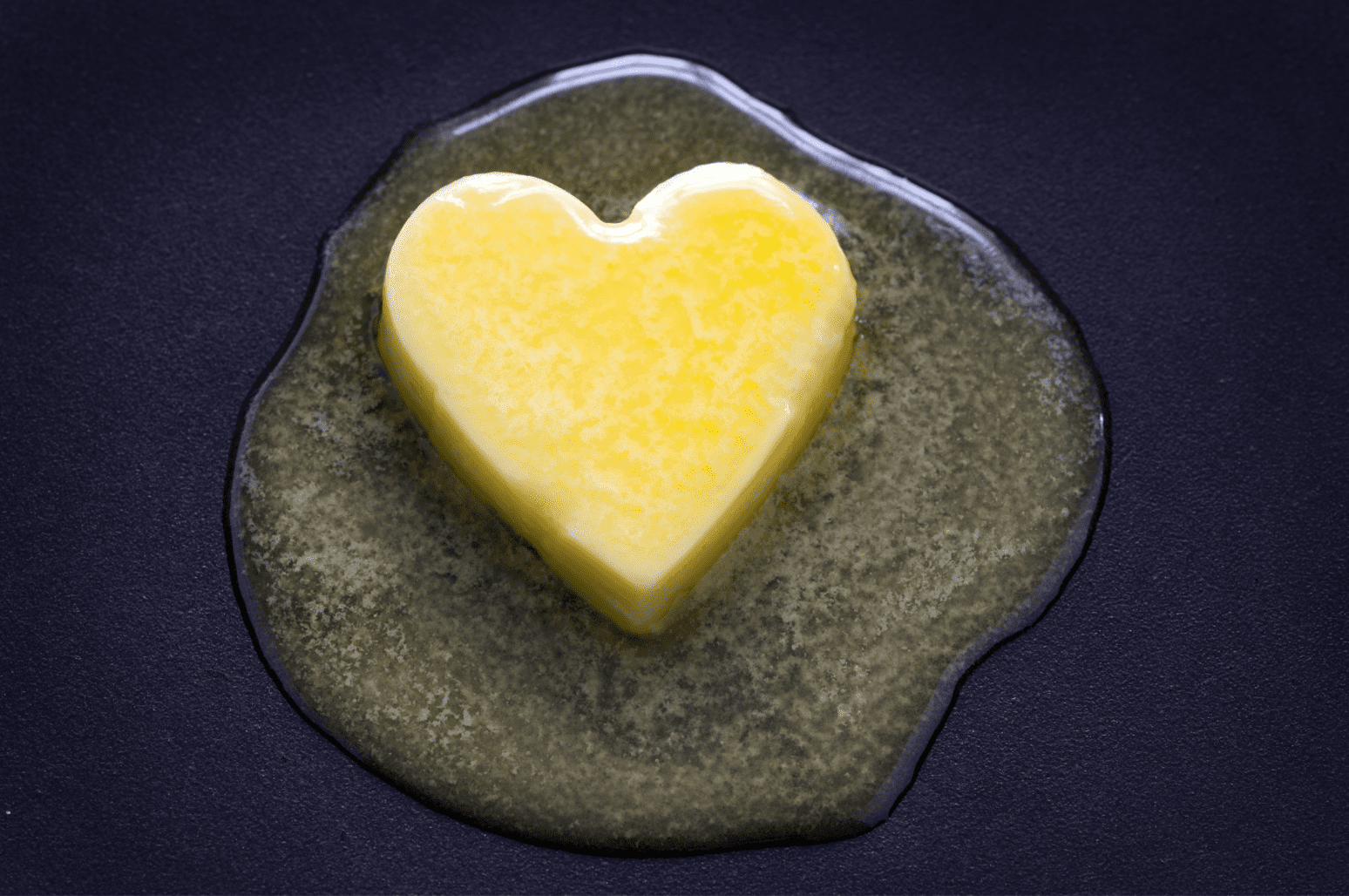
Carbonated water is refreshing, fizzy, and usually sugar-free. Keto dieters replace sugary sodas with carbonated beverages from sparkling water to brands like La Croix. You might be wondering if carbonated water is good or bad for you. What exactly is it? Let’s delve into the details of this bubbling beverage!
What is Carbonated Water?
Carbonated water is a specific type of water that’s been infused with carbon dioxide gas under pressure to produce a bubbly drink. This can happen naturally via geological processes or artificially via injection under pressure. The carbonation results in small bubbles and a popular effervescent quality.
You’re probably familiar with some of the many names for carbonated water, such as:
- Club soda
- Sparkling water
- Soda water
- Fizzy water
- Seltzer water
Manufacturers often add minerals and salt to carbonated waters to improve taste and nutritional benefits.
Natural sparkling mineral waters like San Pellegrino or Perrier are captured from a mineral spring and typically contain sulfur compounds and minerals.
Tonic water refers to a form of carbonated water containing a compound called quinine. Manufacturers dissolve quinine into carbonated water to make tonic water. Quinine is a bitter crystalline compound found in cinchona bark (a flowering plant). Quinine has been used as a tonic and antimalarial medicine.
Keto-friendly and diet tonic waters are now available on the market, but keep in mind most traditional tonic water might not be keto-friendly if it contains sugar or high-fructose corn syrup. [1]
Is Carbonated Water Too Acidic?
Carbonated water has a pH of 3-4, which is only slightly acidic. Your lungs and kidneys remove excess carbon dioxide, so drinking carbonated water doesn’t make your body more acidic. No matter what you eat or drink, your body works to keep your blood at a slightly alkaline pH of 7.35-7.45. Some people believe the more acidic foods and drinks you consume, the harder your body has to work to maintain this balance, but, generally speaking, carbonic acid is a weaker acid.

The chemical reaction of water and carbon dioxide results in a weaker acid called carbonic acid. Mustard stimulates the same nerve receptors in your mouth as carbonic acid, triggering a prickly, mild burning, or bubbling sensation that could be enjoyable or irritating depending on the person. [2] [3]
How Does Carbonated Water Affect Digestion?
Carbonated water might improve:
- Swallowing ability
- Feelings of fullness
- Constipation
Carbonated water might improve swallowing ability in young and older adults. [4] [5] Studies show a combination of carbonation and cold temperature strengthened beneficial effects like stimulating the nerves responsible for swallowing. [6]
In a study of 72 people who consistently needed to clear their throats, 63% experienced symptom relief after drinking ice-cold carbonated water. [7]
Sparkling water could help food stay in your stomach longer, which makes you feel fuller. Carbonated water could boost satiety following meals more than plain water, but more larger studies are needed. [8] [9]
Some studies reveal a decrease in constipation symptoms after the consumption of carbonated water. [10]
Sparkling water could also improve symptoms of indigestion like stomach pain. For example, one small study examined people with chronic digestive issues and uncovered that after 15 days, those who drank carbonated water had significant improvements in gallbladder emptying, constipation, and digestive symptoms. [11]
How Does Carbonated Water Affect Heart Health?
Research is limited but it does suggest carbonated water could improve heart health and increase ‘good’ HDL cholesterol.
For example, a study of 18 postmenopausal women revealed drinking sodium-rich carbonated water reduced the ‘bad’ LDL cholesterol, blood sugar, and markers of inflammation. Inflammation is believed to be a key driver behind countless diseases. The carbonated water group had a 35% lower risk of developing heart disease within 10 years compared to those drinking the control water. [12]
How Does Carbonated Water Affect Dental Health?
People raise concerns about the effect of carbonated water on teeth when the enamel is exposed to the carbonic acid. In one study, sparkling water damaged enamel only slightly more than still water. Sparkling mineral water was 100 times less problematic compared to a sugary soda. [13]
A review of several studies highlighted that combining carbonation and sugar might lead to severe dental decay. [14]
Plain sparkling water seems relatively harmless and poses little risk to dental health, whereas the sugary types can be harmful. [15]
One interesting study involved placing tooth enamel samples into different beverages for up to 24 hours. Compared to the diet drinks, non-carbonated and sugar-sweetened carbonated beverages caused greater enamel loss. [16]
Another study revealed carbonated drinks could potentially destroy enamel only if they contained sugar. Keto dieters won’t be drinking sugary carbonated beverages! Gatorade – a non-carbonated sweet drink was actually more harmful than Diet Coke – a sugar-free carbonated drink, suggesting sugar may be more of a culprit when it comes to dental decay. [17]
How Does Carbonated Water Affect Bone Health?

One prevailing notion is that carbonated beverages must be bad for bones because they’re acidic; however, so far, science doesn’t support this notion.
Carbonated water seemed to have no effect on bone health in a large observational study. The only beverage associated with drastically lower bone mineral density was cola. [18]
Unlike carbonated water, cola drinks contain lots of phosphorus. Researchers theorize that people drinking cola have insufficient calcium and are consuming too much phosphorus, which increases the risk of bone loss.
One study of 18 postmenopausal women drinking 1 liter of sparkling water daily for 8 weeks revealed improved calcium retention compared to drinking plain mineral water. No negative effects on bone health were reported in the sparkling water group. [19]
Some animal studies point to carbonated water potentially improving bone health. More studies are necessary. [20]
In Conclusion
Overall, there isn’t sufficient evidence to suggest that carbonated water is bad for you, and it doesn’t seem to be harmful to dental or bone health.
A carbonated beverage could be beneficial and enhance digestion by reducing constipation and improving swallowing ability.
Carbonated drinks are calorie-free, keto-friendly, and more fun than plain still water.
If you enjoy the pleasurable bubbly sensation of drinking carbonated water, there’s no reason to avoid it.
References
National Library of Medicine & the National Center for Biotechnology Information. Quinine Compound Summary. Quinine | C20H24N2O2 - PubChem (nih.gov)
Dessirier, J. M., Simons, C. T., Carstens, M. I., O’Mahony, M., & Carstens, E. (2000). Psychophysical and neurobiological evidence that the oral sensation elicited by carbonated water is of chemogenic origin. Chem Senses, 25(3), 277-84. DOI: 10.1093/chemse/25.3.277
Wang, Y. Y., Chang, R. B., & Liman, E. R. (2010). TRPA1 is a component of the nociceptive response to CO2. 30(39), 12958-63. DOI: 10.1523/JNEUROSCI.2715-10.2010
Morishita, M., Mori, S., Yamagami, S., & Mizutani, M. (2014). Effect of carbonated beverages on pharyngeal swallowing in young individuals and elderly inpatients. Dysphagia, 29(2), 213-22. DOI: 10.1007/s00455-013-9493-6
Elshukri, O., Michou, E., Mentz, H., & Hamdy, S. (2016). Brain and behavioral effects of swallowing carbonated water on the human pharyngeal motor system. J Appl Physiol, 120(4), 408-15. DOI: 10.1152/japplphysiol.00653.2015
Michou, E., Mastan, A., Ahmed, S., Mistry, S., & Hamdy, S. (2012). Examining the role of carbonation and temperature on water swallowing performance: A swallowing reaction-time study. Chem Senses, 37(9), 799-807. DOI: 10.1093/chemse/bjs061
Acharya, A. N., Mirza, S., & Jones, N. S. (2007). Ice cold carbonated water: A therapy for persistent hyperawareness of pharyngeal mucus and throat clearing. J Laryngol Otol, 121(4), 354-7. DOI: 10.1017/S0022215106003318
Pouderoux, P., Friedman, N., Shirazi, P., Ringelstein, J. G., & Keshavarzian, A. (1997). Effect of carbonated water on gastric emptying and intragastric meal distribution. Dig Dis Sci, 42(1), 34-9. DOI: 10.1023/a:1018820718313
Wakisaka, S., Nagai, H., Mura, E., Matsumoto, T., Moritani, T., & Nagai, N. (2012). The effects of carbonated water upon gastric and cardiac activities and fullness in healthy young women. J Nutr Sci Vitaminol (Tokyo), 58(5), 333-8. DOI: 10.3177/jnsv.58.333
Mun, J-H., & Jun, S. S. (2011). Effects of carbonated water intake on constipation in elderly patients following a cerebrovascular accident. J Korean Acad Nurs, 41(2), 269-75. DOI: 10.4040/jkan.2011.41.2.269
Cuomo, R., Grasso, R., Sarnelli, G., Capuano, G., Nicolai, E., Nardone, G., Pomponi, D., Budillon, G., & Lerardi, E. (2002). Effects of carbonated water on functional dyspepsia and constipation. Eur J Gastroenterol Hepatol, 14(9), 991-9. DOI: 10.1097/00042737-200209000-00010
Schoppen, S., Perez-Granados, A. M., Carbajal, A., Oubina, P., Sanchez-Muniz, F. J., Gomez-Gerique, J. A., & Vaquero, M. P. (2004). A sodium-rich carbonated mineral water reduces cardiovascular risk in postmenopausal women. J Nutr, 134(5), 1058-63. DOI: 10.1093/jn/134.5.1058
Parry, J., Shaw, L., Arnaud, M. J., & Smith, A. J. (2001). Investigation of mineral waters and soft drinks in relation to dental erosion. J Oral Rehabil, 28(8), 766-72. DOI: 10.1046/j.1365-2842.2001.00795.x
Cheng, R., Yang, H., Shao, M-Y., Hu, T., & Zhou, X-D. (2009). Dental erosion and severe tooth decay related to soft drinks: A case report and literature review. J Zhejiang Univ Sci B, 10(5), 395-399. DOI: 10.1631/jzus.B0820245
Brown, C. J., Smith, G., Shaw, L., Parry, J., & Smith, A. J. (2007). The erosive potential of flavoured sparkling water drinks. Int J Paediatr Dent, 17(2), 86-91. DOI: 10.1111/j.1365-263X.2006.00784.x
Jain, P., Nihill, P., Sobkowski, J., & Agustin, M. Z. (2007). Commercial soft drinks: pH and in vitro dissolution of enamel. Gen Dent, 55(2),
Owens, B. M. (2007). The potential effects of pH and buffering capacity on dental erosion. Gen Dent, 55(6), 527-31.
Tucker, K. L., Morita, K., Qiao, N., Hannan, M. T., Cupples, L. A., & Kiel, D. P. (2006). Colas, but not other carbonated beverages, are associated with low bone mineral density in older women: The Framingham Osteoporosis Study. American Journal of Clinical Nutrition, 84(4), 936-42. DOI: 10.1093/ajcn/84.4.936
Schoppen, S., Perez-Granados, A. M., Carbajal, A., Piedra, C., & Vaquero, M. P. (2005). Bone remodelling is not affected by consumption of a sodium-rich carbonated mineral water in healthy postmenopausal women. British Journal of Nutrition, 93(3), 339-44. DOI: 10.1079/bjn20041332
Koelkebeck, K. W., Harrison, P. C., & Madindou, T. (1993). Research note: Effect of carbonated drinking water on production performance and bone characteristics of laying hens exposed to high environmental temperatures. Poult Sci, 72(9), 1800-3. DOI: 10.3382/ps.0721800









